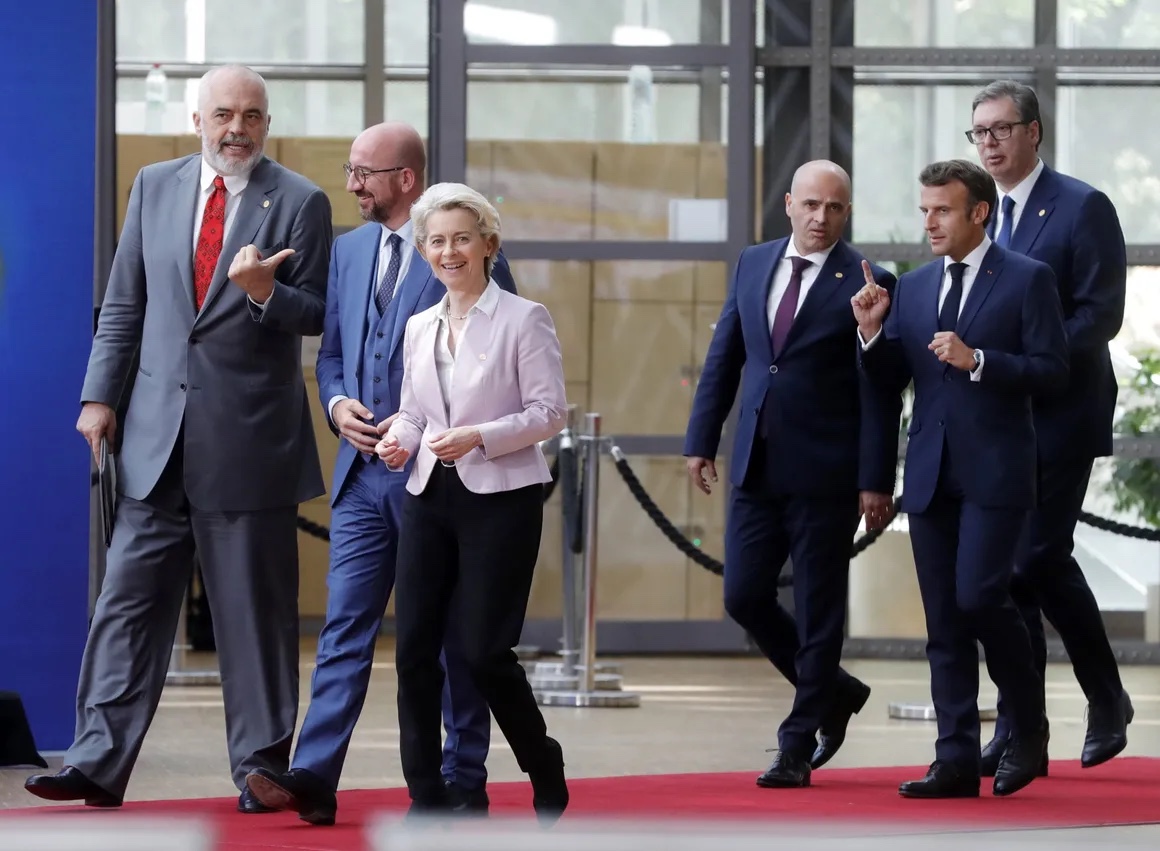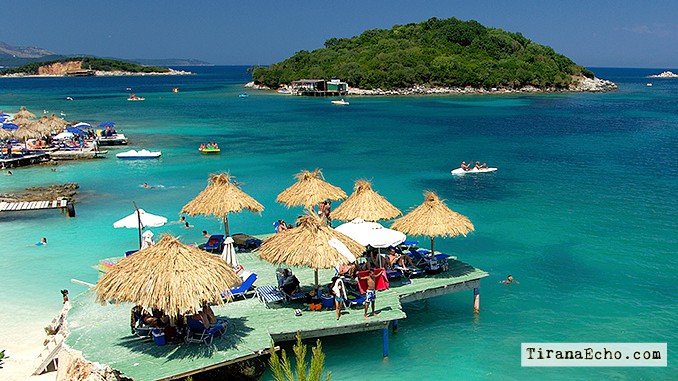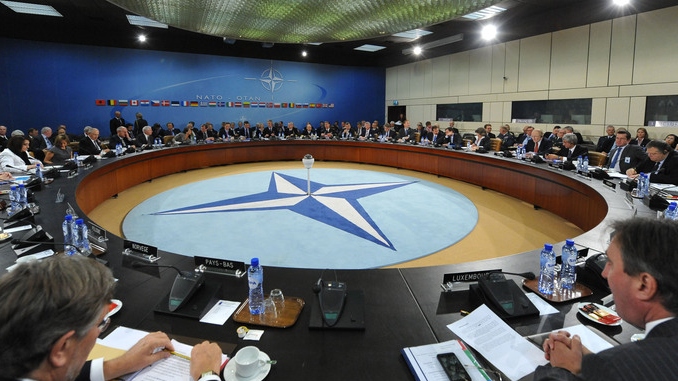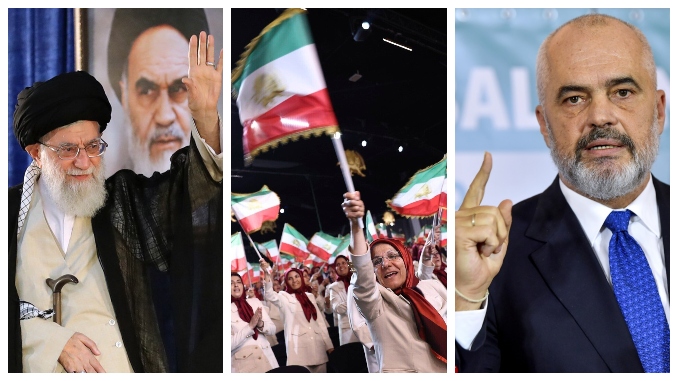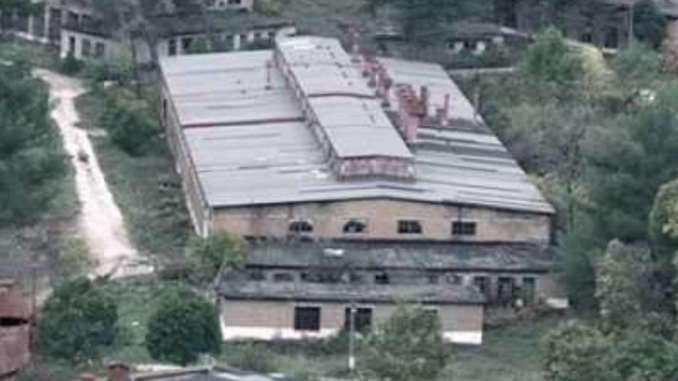The Balkans are heating up again and Washington is nowhere to be seen – By John McCain
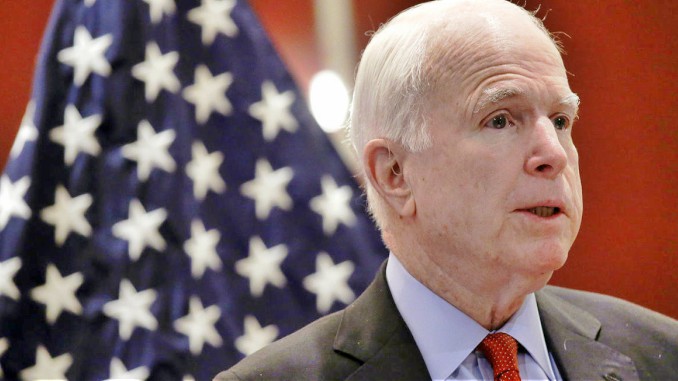
This month, as I traveled through seven countries in southeastern Europe, I stopped in Sarajevo. I stood at the foot of the Latin Bridge, on the street corner that changed the world, where an assassin’s bullet killed Archduke Franz Ferdinand and triggered a cycle of violence and war that consumed the first half of the 20th century and consumed southeastern Europe again in the century’s final decade.
It was a stark reminder of the old adage that while history does not repeat itself, it does rhyme. Southeastern Europe, a region that sits at the crossroads of history, once again confronts growing challenges. And the United States needs to start paying better attention.
Economic growth across much of the region has been insufficient to provide young people the opportunity to pursue lives of purpose and fulfillment in their home countries. Bloated state-owned enterprises, byzantine regulations and widespread corruption often stand in the way of realizing this region’s untapped economic potential.
The refugee crisis has imposed difficult burdens on the nations in this part of Europe and has sparked border security disputes between neighbors.
Political tensions are on the rise. Macedonia is in the midst of a political crisis. Albania’s opposition party has been boycotting the parliament since February. Uncertainty lingers about the future of a united Bosnia and Herzegovina. Recent provocations have exacerbated tensions between Kosovo and Serbia, imperiling progress toward normalizing relations between the two countries.
A sad legacy of ethnic and religious conflict, high youth unemployment and other factors make southeastern Europe particularly vulnerable to the threat of terrorism. In recent years, hundreds of fighters from the region have went to fight for the Islamic State in Iraq and Syria. Just last year, 19 suspects were arrested in Kosovo in an Islamic State plot to attack a soccer match between Israel and Albania. As the Islamic State faces inevitable defeats in Mosul and Raqqa, terrorists are already leaving with orders to attack Western targets, potentially including some in southeastern Europe.
Perhaps most disturbing of all is Russia’s intensifying effort to assert its malign influence in the region and to prevent the nations of southeastern Europe from choosing their own futures. The most dramatic example of this was a Russian-backed coup attempt in Montenegro last October. In order to stop Montenegro’s accession to NATO, Russian intelligence operatives plotted to overthrow the government and assassinate the country’s prime minister on Election Day. I believe that when the full extent of this outrageous attack on Montenegro is understood, it will show that Vladimir Putin will do whatever it takes to achieve his ambition to restore the Russian Empire.
Given these challenges, it is not surprising that in every stop I made, I heard the same plea for the reassertion of American leadership. The nations of this region are ready and willing to confront their challenges. But they cannot do it alone. And their partner of choice is the United States. So what can we do now?
First, the United States has to show up. As the prime minister of one southeastern European country told me, in no other region of the world do the words of American leaders carry greater weight or have a greater chance of spurring meaningful action toward progress. That is why sustained engagement and more frequent visits to the region by high-ranking U.S. officials to the region are so important.
Second, the United States needs to maintain its support for the nations of southeastern Europe in their pursuit of integration into the Euro-Atlantic community through institutions such as NATO and the European Union. It is this process of integration that offers the greatest hope for peace and prosperity in the region. That means the United States should maintain robust support for U.S. programs that help to strengthen the rule of law and to fight corruption, essential steps on the path to Euro-Atlantic integration. We also need to encourage the European Union, despite its challenges, to keep the door open for the nations of southeastern Europe that still hope to join.
Finally, the United States must stand by the right of every nation in southeastern Europe to choose its own future free from outside interference, whether that be from an aggressive Russia that seeks to redraw the borders of Europe through violence or the terrorists who seek to destroy our common civilization. Expanding and deepening security cooperation with our regional allies and partners is essential.
After two world wars, the United States made a commitment to a Europe that is whole, free and at peace. We did so because a generation of statesmen recognized that American leadership was essential to achieving peace and prosperity in Europe, which was and still is in the national security interests of United States. Over the past seven decades, we have made the choices and the sacrifices to uphold that commitment: throughout Europe during the Cold War, in Bosnia and Kosovo in the 1990s, and today in the nations on NATO’s eastern flank. We must be prepared to uphold this commitment again in southeastern Europe, for the lessons of history are clear: We ignore this region at our own peril.

